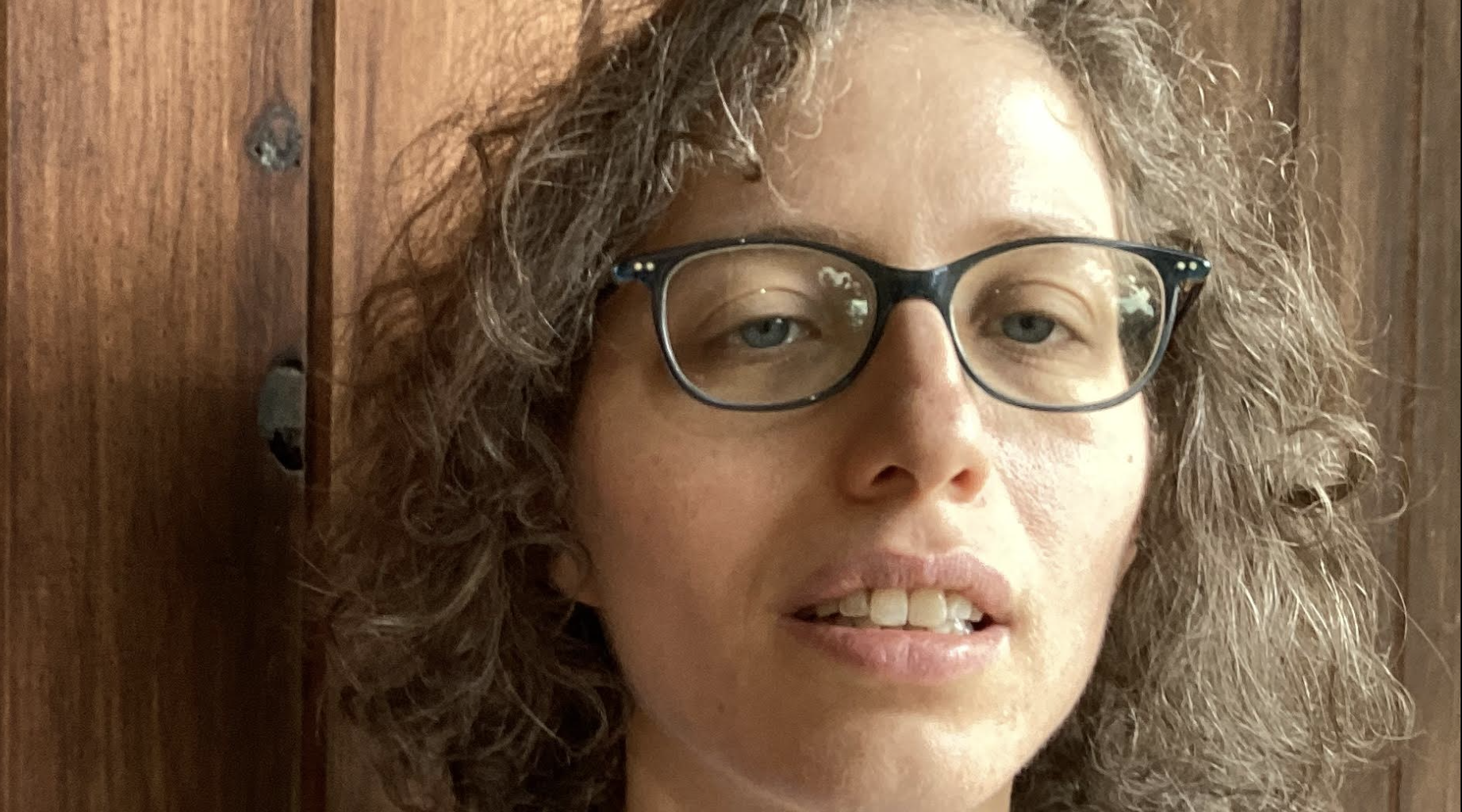Shoshana Leffler is a dynamic educator and developmental geneticist raised in the Bronx, New York, known for her innovative approach to STEM education. With an A.B. in Chemistry from Princeton University and a Ph.D. in Developmental Genetics from New York University in New York City, Shoshana has made significant academic contributions, notably her development of a mathematical model of the cerebellum. This model, which predicts childhood brain cancer occurrences, has been a cornerstone of her research and teaching methodologies.
Currently teaching in New York City, Shoshana has been instrumental in integrating inquiry-based learning into high school chemistry curricula, particularly for Title 1 schools. Her methods focus on making complex scientific concepts accessible and engaging to all students, regardless of their background. By incorporating real-world applications and interactive technologies into her lessons, she enhances student engagement and facilitates deeper understanding of the material.
Shoshana’s dedication to education extends beyond the classroom. She actively contributes to the development of STEM curricula that are both innovative and inclusive.
Recognized for her pioneering work, Shoshana has received several awards, including the MƒA Master Teacher Fellowship. She continues to inspire students and educators alike with her passion for blending scientific rigor with creative teaching strategies.
How did you get started in this business?
I started my journey with a strong passion for chemistry, which led me to pursue an A.B. in Chemistry at Princeton University, followed by a Ph.D. in Developmental Genetics at New York University. During my Ph.D., I developed a mathematical model to predict childhood brain cancer occurrences, which piqued my interest in applying mathematical models to complex biological systems, such as the cerebellum. This research experience was crucial in shaping my career, guiding me toward educational roles where I could share my knowledge and passion for science with young minds.
What made you want to work in this industry?
My inspiration to work in education came from a deep desire to make a difference in the way science is taught in schools. I saw a gap in how complex scientific concepts were being delivered to students, especially in underprivileged areas. My goal was to transform these abstract ideas into relatable, engaging lessons that would inspire curiosity and a love for learning in students. This led me to focus on Title 1 schools, where I could bring inquiry-based learning approaches to high school chemistry, making the subject more accessible and exciting.
What is it that you feel makes you good at your job?
My ability to synthesize complex scientific ideas into understandable and engaging educational experiences makes me effective at my job. I thrive on creativity and persistence, which are essential for developing and implementing innovative teaching methods. My background in developmental genetics and my experience in creating mathematical models also provide a unique perspective that enriches my teaching approach.
What’s the most rewarding part of your work?
The most rewarding part of my work is seeing students engage deeply with science, particularly those who previously struggled or showed little interest in the subject. Implementing the cerebellum math model and inquiry-based learning strategies in chemistry has shown me the impact of innovative education methods. Witnessing students’ “aha” moments and their growing confidence in tackling complex problems is incredibly fulfilling.
Where is your industry headed? What excites you about the future of this line of work?
The future of education, especially STEM education, is heading towards more personalized and technology-integrated learning environments. I’m excited about the increasing incorporation of real-world problems and interdisciplinary approaches in classroom settings. The focus on STEM is growing, and with that, the opportunities to innovate within the curriculum and teaching methodologies are expanding. Looking forward, I am particularly thrilled about further exploring and sharing the cerebellum math model and its applications in educational settings.
What advice do you give people who want to get into your field of work?
For those looking to enter the field of education, especially in STEM, my advice is to remain flexible and open to continuous learning. Embrace the challenges as opportunities to innovate and make a difference. Stay updated with the latest educational technologies and teaching strategies. Most importantly, keep your students’ diverse needs at the heart of your teaching philosophy.
Are you willing to be a mentor? If so, how should someone contact you?
Yes, I am willing to be a mentor. If you are interested in exploring innovative teaching methods or need guidance in STEM education, feel free to contact me through my contact info on my website ShoshanaLefflerdat.com or ShoshanaLeffler.com. I am always eager to support aspiring educators and share insights from my experiences.

